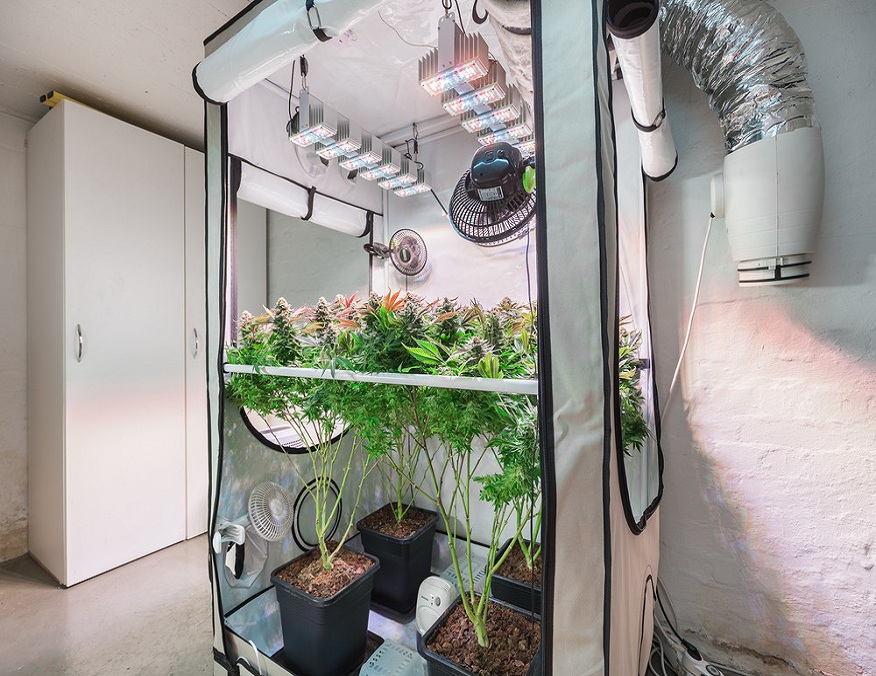Imagine seeing your doctor for a chronic condition that makes daily life more difficult. You hope your doctor will enthusiastically recommend an alternative treatment you have heard a lot about. But to your dismay, that doesn’t happen. Your doctor belongs to a healthcare group that specifically advises against alternative treatments.
This fictional scenario happens far too often in the real world. It is especially prevalent in the medical cannabis arena. That’s why major healthcare providers giving the okay to medical cannabis make the news. It matters when they make such monumental decisions.
Intermountain Gives the Green Light
It is easy to illustrate how important giving the green light to medical cannabis is by looking at Utah’s Intermountain Healthcare. Intermountain is the state’s largest healthcare provider. They recently published new guidance that offers doctors clear and unambiguous approval for recommending medical cannabis.
The new guidance reverses previous guidance that strongly recommending against medical cannabis therapies. Obviously, Utah physicians were not legally bound by the previous guidance. They are not legally bound by the new guidance now. So then what’s the big deal?
The big deal lies in the fact that Intermountain Healthcare has a lot of influence over how healthcare services are delivered in Utah. As such, the organization also has a lot of influence in the daily decisions made by Utah doctors. Those decisions include whether medical cannabis is recommended to qualifying patients.
More Doctors to Recommend
The owners of Deseret Wellness in Park City, UT say that patients wishing to obtain a medical cannabis card need to first visit with a qualified medical provider (QMP) or limited medical provider (LMP) who can legally recommend cannabis treatment. To date, some doctors have been reluctant to get involved due to a range of concerns from legal status to liability.
Could it be that some of them have not gotten on board because Intermountain recommended against medical cannabis? And if so, could the new guidance lead to more doctors either registering as QMPs or acting as LMPs for smaller number of patients? It is not only possible, but also likely.
This should be big news to Utah patients struggling to find local doctors on board with cannabis. Remember that vast portions of Utah are rural in nature. It is not unusual for a patient to have to drive an hour or more just to find a QMP or LMP willing to help them obtain their medical cannabis cards.
An Open Door to Insurance Carriers
Just getting more doctors to recommend it is important in and of itself. But when major healthcare providers give the green light to medical cannabis, they also open the door to insurance carriers that might be looking at covering medical cannabis prescriptions.
Granted, insurance carriers are still somewhat reticent due to federal law. But insurance is regulated at the state level. So it could be that some carriers are just waiting to see how things go in the states in which they provide coverage. Certain carriers may be prompted to begin offering coverage if a large share of the major medical providers in a particular state give medical cannabis the green light.
All eyes will be on Utah to see what happens now that Intermountain Healthcare has changed its guidance. As the state’s largest healthcare provider, they set the bar that others aspire to.
Chances are that the new guidance will not harm Intermountain or its clinicians. It could end up being a boon for both. If so, Utah’s medical cannabis patients would also benefit from greater access to doctors willing to recommend the drug.





